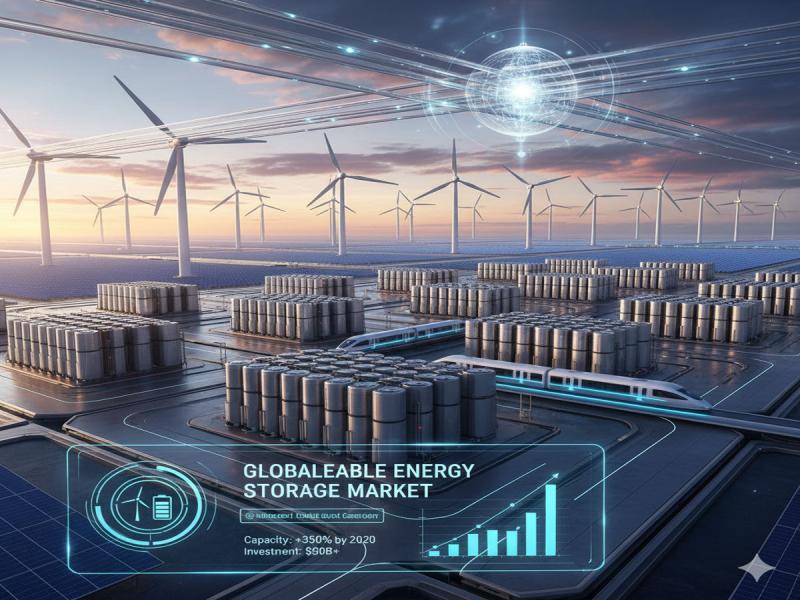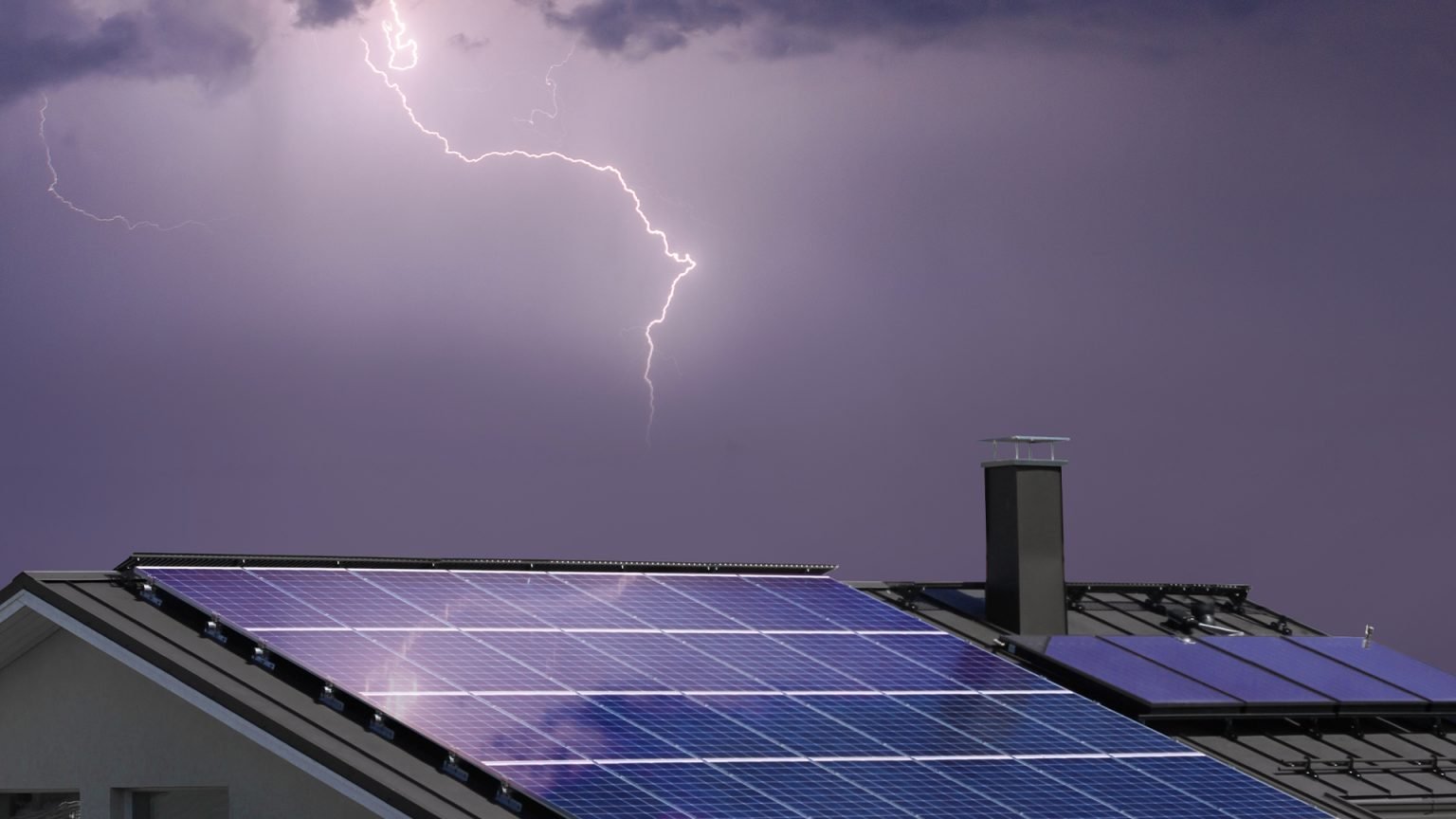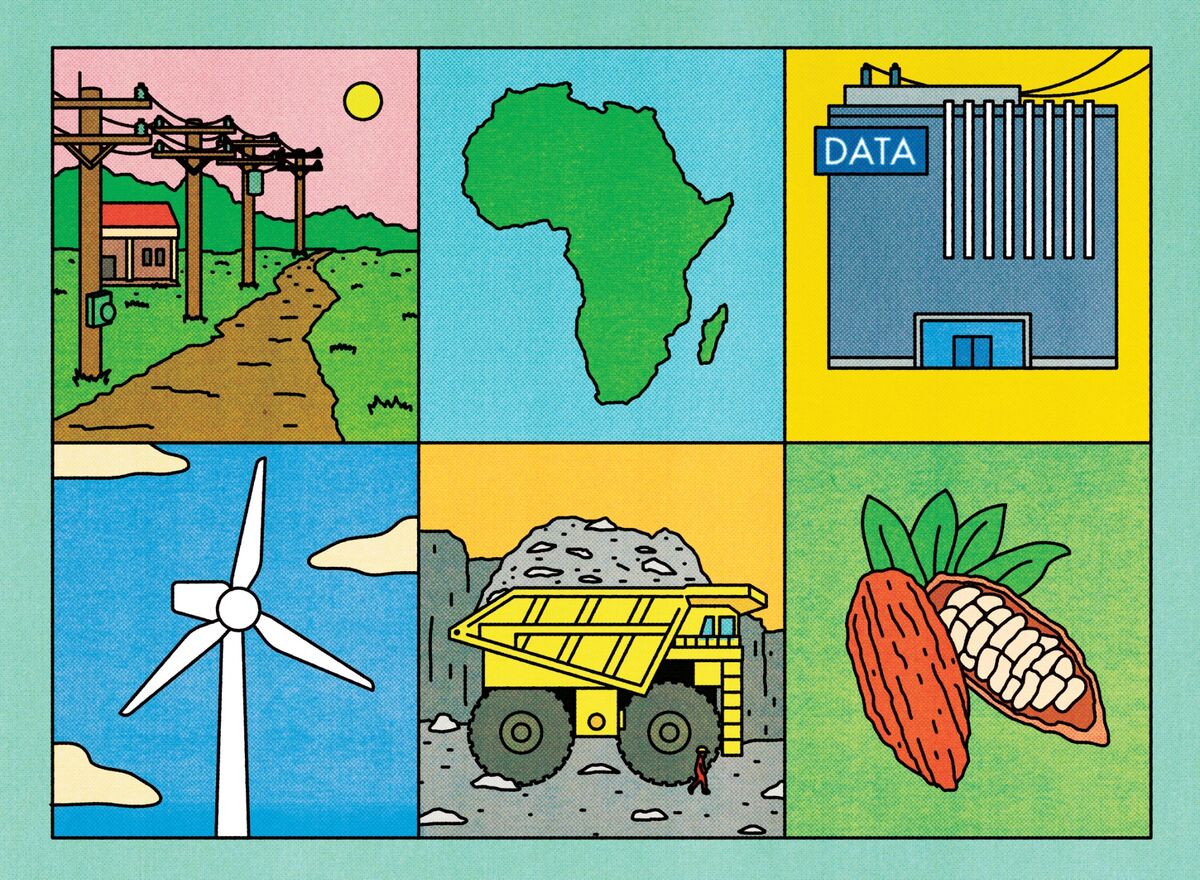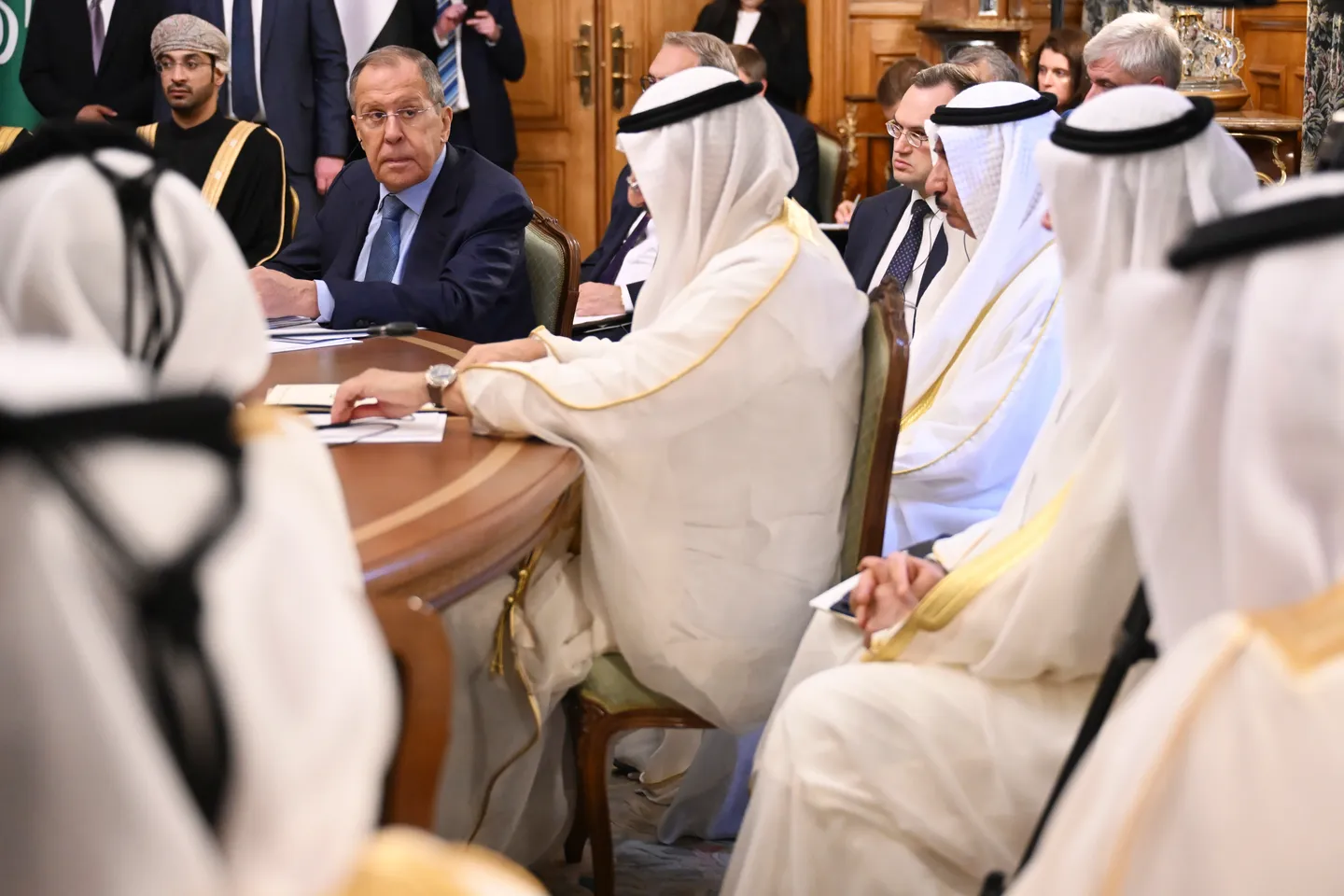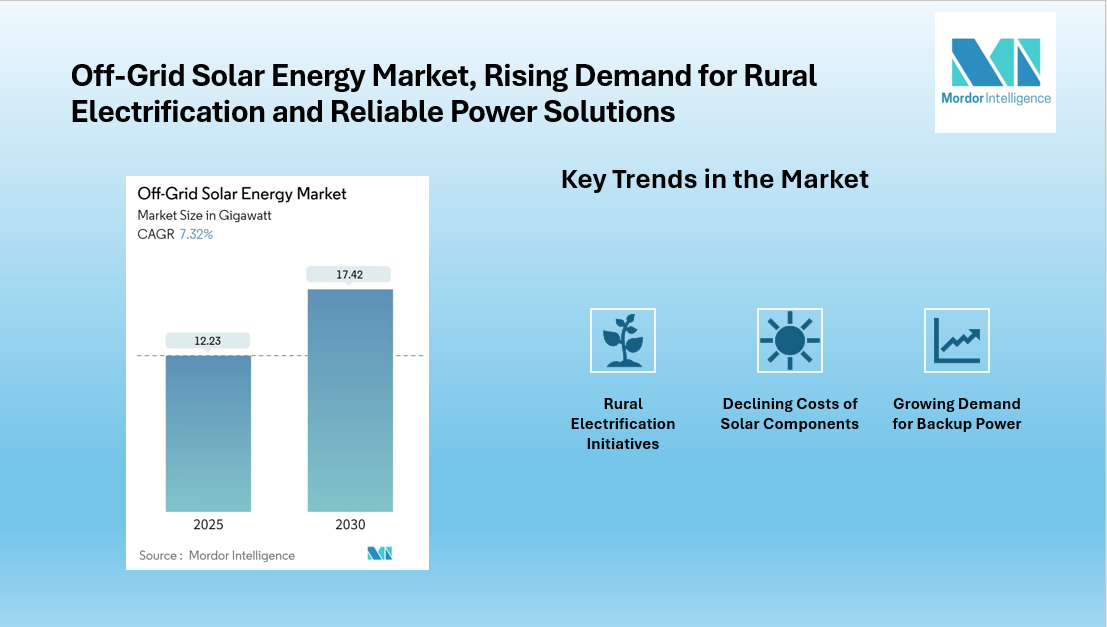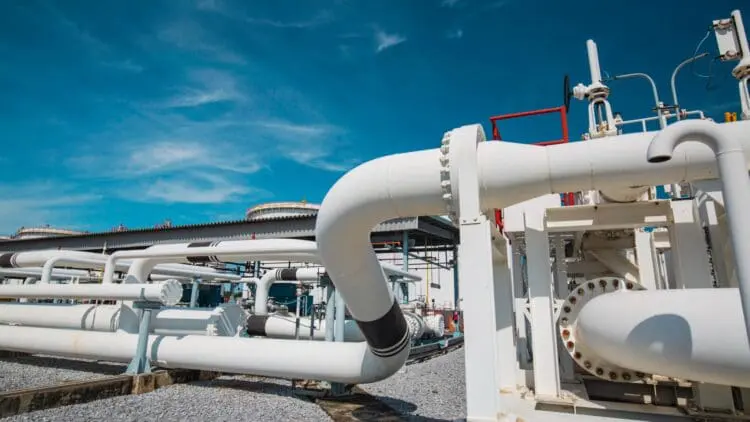Energy Markets

Nigeria and Equatorial Guinea ink deal to accelerate cross-border gas pipeline development

A Strategic Bilateral Energy Pact
In an era where international collaboration is crucial for large-scale energy projects, Nigeria and Equatorial Guinea have signed a significant agreement to accelerate a cross-border gas pipeline. This deal is positioned to reshape the regional monetization of the gas sector and elevate the status of West Africa within the African energy landscape, which has often been overshadowed by southern African nations.
Leveraging Regional Infrastructure
The core of the agreement involves transporting Nigerian gas to be processed at Equatorial Guinea’s existing LNG facility in Punta Europa on Bioko Island. This strategic move leverages established infrastructure to monetize gas resources more efficiently. The deal, formally inked by the nations' presidents, is hailed as a major milestone for regional cooperation and is a key part of Equatorial Guinea's Gas Mega Hub (GMH) initiative.
Endorsement from International Players
The project has garnered significant attention and support from major international energy companies, underscoring its viability and importance. This agreement builds upon prior milestones, such as a 2023 deal between Equatorial Guinea and global giants Marathon Oil Corp and Chevron, signaling strong international confidence in Africa's energy potential and a trend towards collaborative development.
Unlocking Economic and Regional Value
Officials from both nations emphasize the transformative economic potential of the pipeline. The Minister of Mines and Hydrocarbons for Equatorial Guinea stated the project would "unlock immense economic value" and enhance energy security across West Africa. By ensuring a reliable gas supply for the Punta Europa facility, the partnership aims to solidify the region's role as a cornerstone of the international gas sector.
A Blueprint for Continental Growth
This cross-border project is presented as a pragmatic model for driving growth and development in Africa's energy sector. It demonstrates how bilateral cooperation can secure long-term energy futures by combining the resources of one nation with the infrastructure of another. The partnership serves as a potential blueprint for future collaborative energy projects across the continent.



